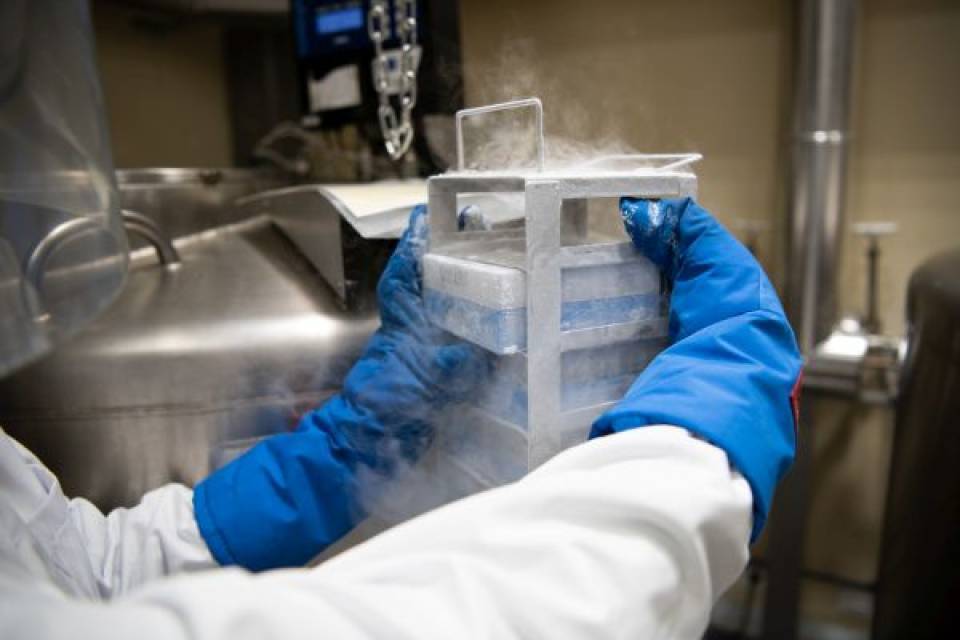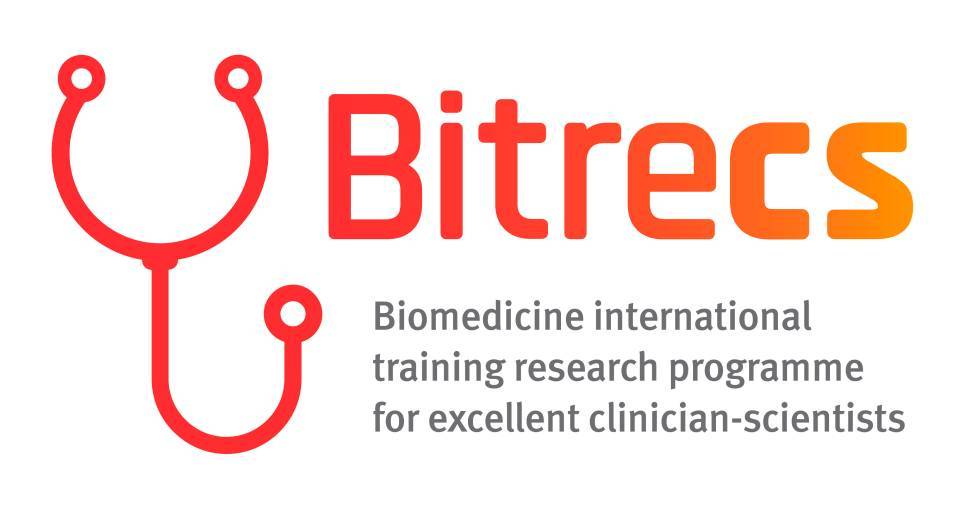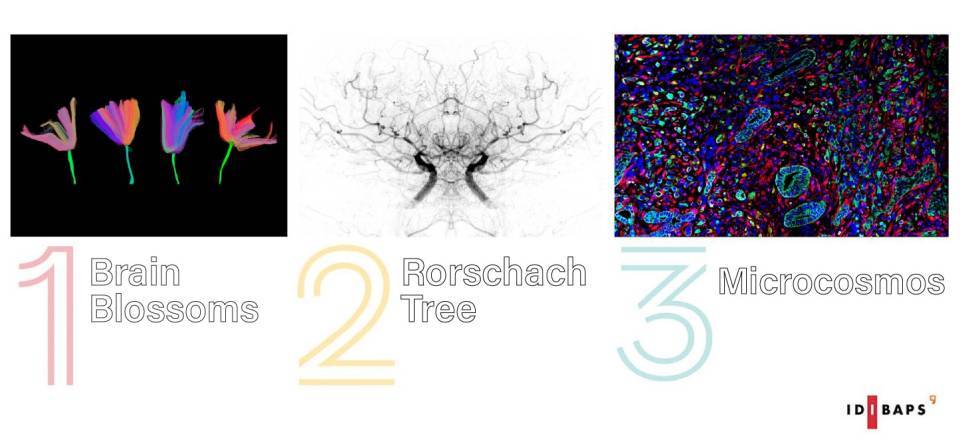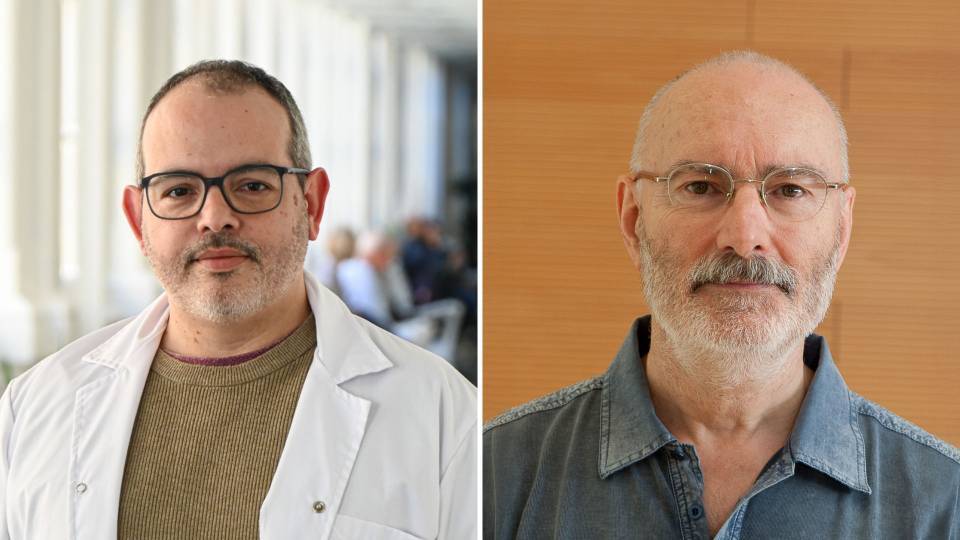A year ago, in April 2020, IDIBAPS and the Hospital Clínic set up circuits for collecting samples from the COVID-19 patients admitted to the Hospital, and for processing and storing the samples properly in its biobank, in order to use them for research into the disease.
The samples can be collected when the patient is admitted, when they are referred to the ICU, when they are discharged, or during monitoring periods, which are of interest from both clinical and research point of views. In most cases, blood samples are taken from patients in order to control the disease. In the case of patients who have given their consent, during the blood collection samples are obtained for research, which are then processed and stored in the Hospital Clínic-IDIBAPS biobank at -80ºC or -196ºC, depending on the sample.
Review of the first year of activity
Over the last year, a total of 43,000 samples have been collected from around 2,800 patients. There are different types of sample: blood derivatives, DNA, and pluripotent mononuclear cells from blood, saliva or semen. Moreover, tissue samples are obtained from autopsies: brain, lung biopsy, airway, heart, kidney, liver, spleen, bone marrow, muscles, reproductive tissues, lymph node tissues and skin. The following table shows the samples collected:
Type of sample:
Blood derivative samples: 39,773
DNA samples: 1,888
Pluripotent cells: 1,069
Saliva samples: 12
Semen samples: 8
Biopsies: 33
Tissues obtained from autopsies (lung, heart, kidney, liver, reproductive tissue, etc.): 171
Total: 42,954
Research projects the samples have been used in
To date, the samples have been used for 18 COVID-19 research projects, which deal with subjects such as respiratory dysfunction, immunity, the development of vaccines and clinical trials testing treatments, the reproductive function and maternity and breastfeeding. The provision of samples is currently being processed for a dozen more projects. You can find a few examples of the outstanding projects that the samples have been used in here:
Development of an innovative vaccine against SARS-CoV-2
Identification of genes that predict the severity of COVID-19
Study of the risk factors and the prognosis of ICU patients
Production of specific antibodies against SARS-CoV-2
Study of patients with severe respiratory failure and those who have long-term respiratory sequelae
The setting up of the COVIDBANK was made possible thanks to funding from various sponsorship initiatives, mainly from the Glòria Soler Foundation.




